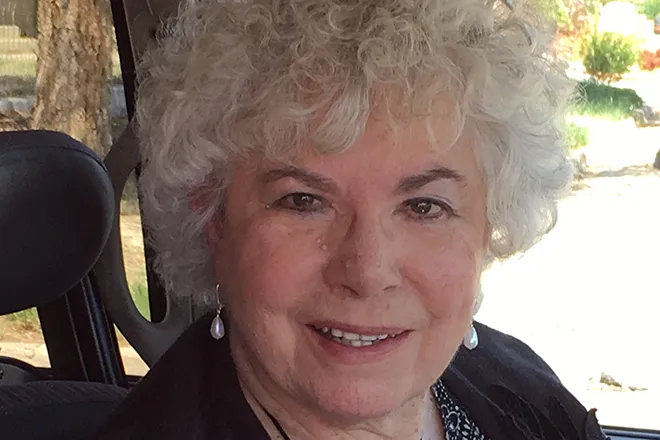
Mark Hillman’s Capitol Review: Thoughts on selective reporting
Reporters who cover the State Capitol recently learned that the House Republicans’ media office keeps a list of which media outlets are considered “unfriendly.” To some in media, this was newsworthy.
To anyone on the center-right, this is entirely unremarkable. It is remarkable that any astute reporter could be truly surprised.
Republicans still hold to the quaint notion that a reporter’s job is to lay out facts and responsibly present arguments by both sides. Increasingly, however, reporters seem uninterested in the work of examining both sides, especially if doing so puts Democrats in a bad light.
For example, on May 13, the House Education Committee was scheduled to hear House Bill 1295 by Rep. Jennifer Bacon (D-Denver) which would make it easier for local school boards to shut down public charter schools. Hundreds of charter school families were reportedly signed up to tell the committee why they opposed the bill.
Shortly before the hearing, committee chair Rep. Barbara McLachlan (D-Durango) directed a non-partisan staffer to email those had signed up to testify, telling them the bill would be killed. Not surprisingly, many families chose not to hang around for hours to witness a foregone conclusion.
Then a funny thing happened: Bacon indicated that she did not want the bill to be killed. Only after an uproar by committee Republicans was the hearing rescheduled so opponents could be heard.
This abuse of the public was certainly newsworthy, but reporters who pride themselves on “holding elected officials accountable” were uniformly silent.
During the intensely-covered hearing on the “Colorado Option” (House Bill 1232), Rep. Iman Jodeh (D-Aurora) lectured an opposing witness that her testimony was “a very privileged thing to say.” Committee chair Rep. Susan Lontine (D-Denver) told another opposing witness that his argument was “disingenuous.”
While disagreement is common under the Gold Dome, personal attacks on fellow legislators are off-limits. Personal attacks against the very citizens whom legislators are elected to serve are inexcusable.
That not a single Capitol reporter found this condescension noteworthy demonstrates that our media “watchdogs” are as tone-deaf as are some legislators.
Many in the Capitol bureau seems to default to the Left’s “woke” narrative. An inquisitive reporter might ask why bills to raise transportation taxes and cap prices on health care are salted with paragraphs of “social justice” dogma. Either reporters unquestioningly accept the “woke” narrative or fear the wrath of Democrats if they ask tough questions.
Now, consider what reporters do find newsworthy.
On May 5 in the House chamber, Rep. Richard Holtorf (R-Akron) was discussing an amendment. He was interrupted by Rep. David Ortiz (D-Centennial) who was seated at his desk. Holtorf thoughtlessly responded, “Don’t worry, Buckwheat, I’m getting there.”
Holtorf and Ortiz reportedly have a cordial, if not friendly, rapport, and sensing he’d stepped in it, Holtorf futilely tried to defuse the situation by suggesting “Buckwheat” was intended as “an endearing term.”
In a saner time, Holtorf’s remark would have resulted in a knowing glare from someone in leadership, and he would have apologized. Period.
In 2021, this misstep triggers Outrage Theater. Democrats immediately responded with scolds and profanities. Reporters connected the dots for Twitterati too young to know that “Buckwheat” was a black character in the 1930s Our Gang Comedies and is considered a derogatory term. This became national news, reported or tweeted by CNN, NBC, and former HUD Secretary Julian Castro.
Our self-proclaimed arbiters of understanding opted to throw gas on the fire without considering that Holtorf’s remark was clumsy but not racially motivated.
It doesn’t take special insight to know that Buckwheat is a perilous term unfit for legislative debate. But no reporter – or legislator – considered that “Buckwheat” has a much different context around Akron and other farm communities. On the farm, we have real buckwheat (it’s a weed). In these communities, calling your best friend “Buckwheat” is like calling him “Dude.” But, no, if you’re best friend is black, then you don’t call him “Buckwheat.”
When reporters automatically assign malice to a plausible case of foot-in-mouth, it’s no wonder Republican legislators – and readers – view them skeptically.


















